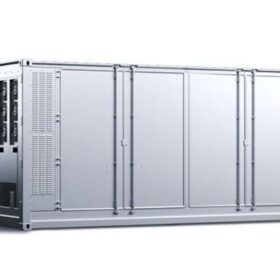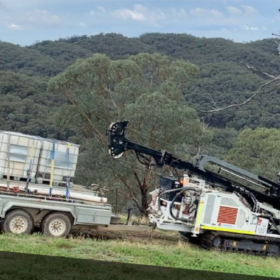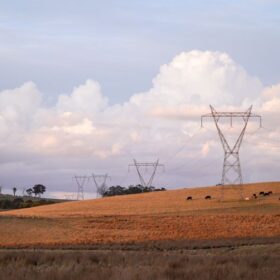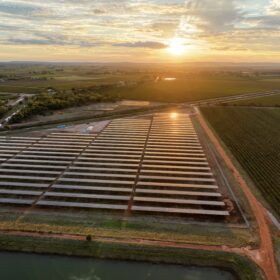In the lead-up to the January 2022 launch of the national public Scheme, B-cycle will be actively pursuing new industry participants such as household battery importers, manufacturers, recyclers, and retailers to join the Scheme.
The Assistant Minister for Waste Reduction Trevor Evans said that the Battery Stewardship Council has led the way by being among the first organisations to develop a voluntary product stewardship scheme under the Government’s $26 million Product Stewardship Investment Fund.
“As waste batteries, especially those used in small handheld devices, are one of the fastest growing waste streams, this industry-led scheme will play an essential role in significantly increasing Australia’s battery collections and recycling, and help our circular economy grow.
“But it will only work if industry plays its part. We must all work together toward Australian consumers soon being able to safely and responsibly manage all types of used batteries at their end-of-life”, said Assistant Minister Evans.
Libby Chaplin, CEO of B-cycle said, “We’re at a pivotal moment, setting in motion a nationwide reset on batteries, preventing harm and creating opportunities along a product’s whole value chain.
“A whopping 90% of Australia’s handheld batteries brought into the country end up in landfill. Any used batteries not recycled properly and safely can leach toxic chemicals into our environment, or even cause fires in the home when stored. Additionally, despite being a source of valuable and finite resources, battery recycling has remained small-scale in Australia – until now!”
The B-cycle Scheme will lead Australia’s efforts to responsibly manage the recycling of batteries and B-cycle is set to be fully operational with a network of drop-off locations in retail spaces by January 2022.
For the program to scale it needs to see a range of sectors getting involved as Ms. Chaplin explains, “It’s crucial Australia’s battery importers, collectors and recyclers sign up now and become accredited participants to take full advantage of the launch.”
The scale of the industries involved is significant including: battery importers, electronic brands utilising batteries – such as power tools, personal care, watches, and photography/drones – battery retailers including supermarkets, and battery collectors/recyclers.
“Being the official Scheme, B-cycle provides robust traceability, assurance collected batteries are recycled in a safe and environmentally sound way, and collected materials placed back into closed-loop systems,” said Ms. Chaplin.
Participating in this Scheme aligns with the Federal Government’s Product Stewardship legislation and goals towards recycling and waste reduction obligations, “We know the Federal Government is closely watching the participation of the Scheme and has expectations of high levels of industry membership at launch next year,” said Ms. Chaplin.
“We look forward to working with, and welcoming, many new participants regardless of size or scale as it’s going to take many players all around the country to work collectively with us to create less waste and more opportunities for used batteries in Australia,” concluded Ms. Chaplin.
There are already a number of prominent battery and electronic brands, retailers, and battery collectors who have committed to the B-cycle Scheme: Bunnings, Canon, Coles, Duracell, EcoBatt, Energizer, Envirostream, Hilti, Honda, Panasonic, Milwaukee, and Woolworths.
Learn more at bcycle.com.au






By submitting this form you agree to pv magazine using your data for the purposes of publishing your comment.
Your personal data will only be disclosed or otherwise transmitted to third parties for the purposes of spam filtering or if this is necessary for technical maintenance of the website. Any other transfer to third parties will not take place unless this is justified on the basis of applicable data protection regulations or if pv magazine is legally obliged to do so.
You may revoke this consent at any time with effect for the future, in which case your personal data will be deleted immediately. Otherwise, your data will be deleted if pv magazine has processed your request or the purpose of data storage is fulfilled.
Further information on data privacy can be found in our Data Protection Policy.